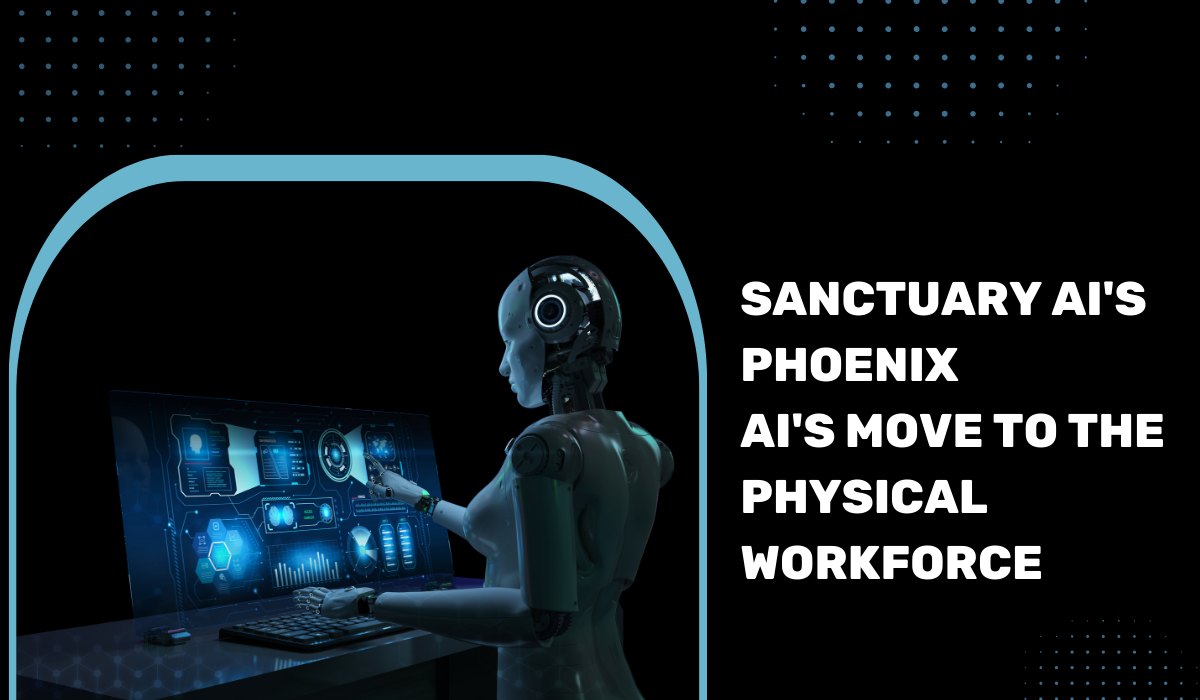
Artificial Intelligence (AI) continues to push the boundaries of innovation across various industries. While OpenAI's ChatGPT has established itself as a leading chatbot, the concept of AI-powered robots entering the physical workforce is becoming a tangible reality. Vancouver-based robotics company Sanctuary AI has introduced Phoenix, an AI-powered humanoid robot touted as the "world's first human-like intelligence in general-purpose robots." This marks a significant progression in the AI landscape, traditionally dominated by chatbots.
Phoenix, the humanoid robot, is powered by Carbon, an innovative AI control system, representing a substantial leap forward in the mission to create human-like intelligence in general-purpose robots. Weighing approximately 70 kg and standing at 5.7 feet tall, Phoenix boasts hands that mimic human dexterity and can lift objects weighing up to 25 kg. Sanctuary AI showcased the robot's capabilities at a retail store in Vancouver, where it successfully performed tasks ranging from merchandise packing to tagging and cleaning, demonstrating a maximum speed of 3 miles per hour.
Phoenix's unique capabilities stem from its integration with Carbon, a cognitive architecture and software platform developed by Sanctuary AI. Carbon enables the robot to think, act, and complete tasks like humans, addressing various challenges faced by industries due to labor-related issues. The system offers explainable and auditable reasoning, task and motion plans, as well as symbolic and logical reasoning combined with modern large language models.
In a parallel development, Tesla provided an update on its humanoid robot, Optimus, shortly after Phoenix's unveiling. Tesla's humanoid robot program, also known as Tesla Bot, demonstrated impressive moves in a recent video. The robots exhibited improved walking capabilities, torque control, and AI training from human-tracked movements. Despite the advancements in humanoid robotics, the integration of robots into the workforce on a large scale remains a distant prospect. While Phoenix and Tesla Bot showcase remarkable human-like movements, widespread automation in industries is still a complex challenge, and the possibility of robots entirely replacing human jobs in the supply chain remains uncertain.